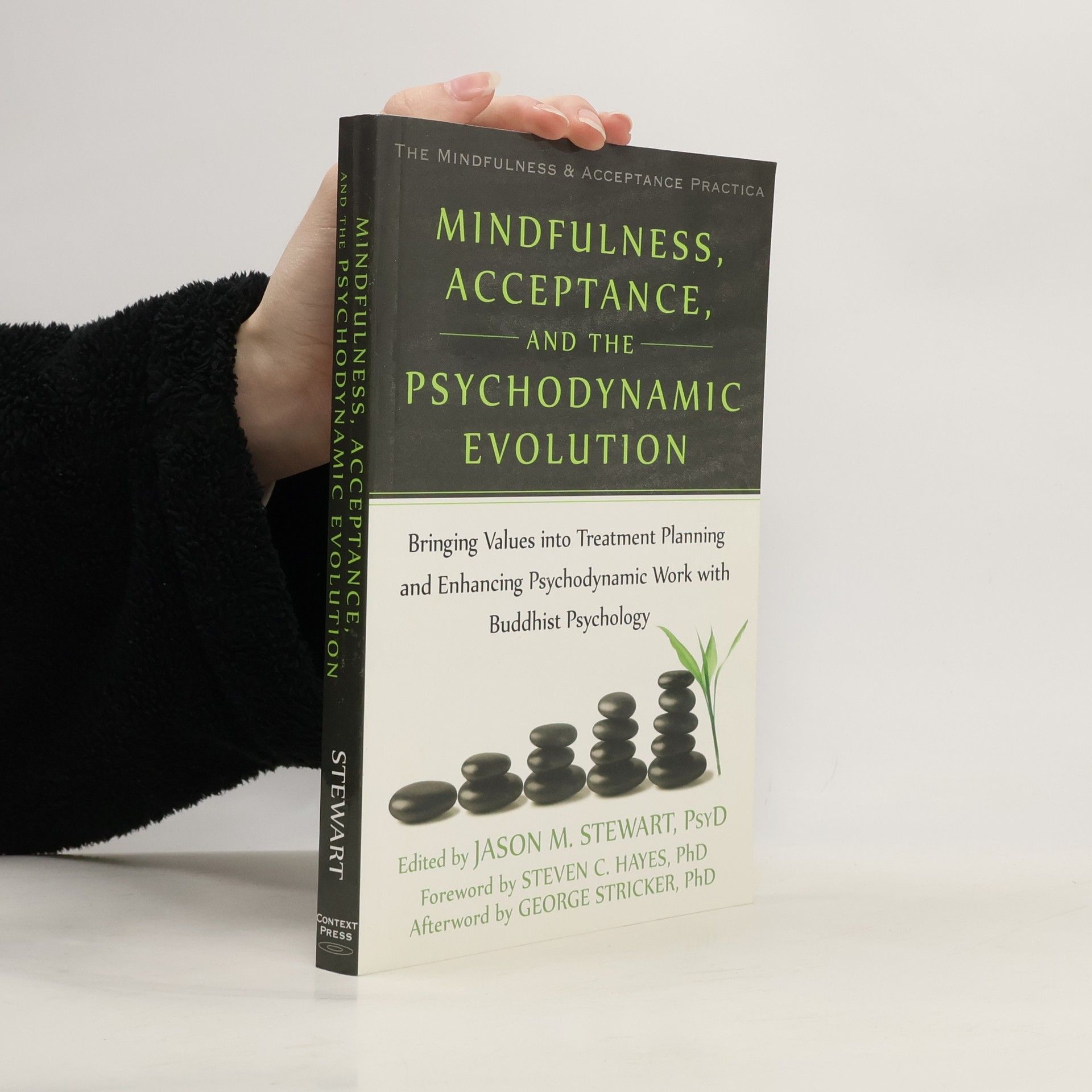Learning Process-Based Therapy
A Skills Training Manual for Targeting the Core Processes of Psychological Change in Clinical Practice
- 208pagine
- 8 ore di lettura
Focusing on the innovative approach of process-based therapy (PBT), this workbook provides mental health professionals with a detailed framework for understanding its theoretical foundations. Renowned psychologists Steven C. Hayes and Stefan G. Hofmann present practical strategies and a step-by-step guide to help clinicians create personalized treatment plans that address their clients' specific needs, enhancing their therapeutic practice and effectiveness.



